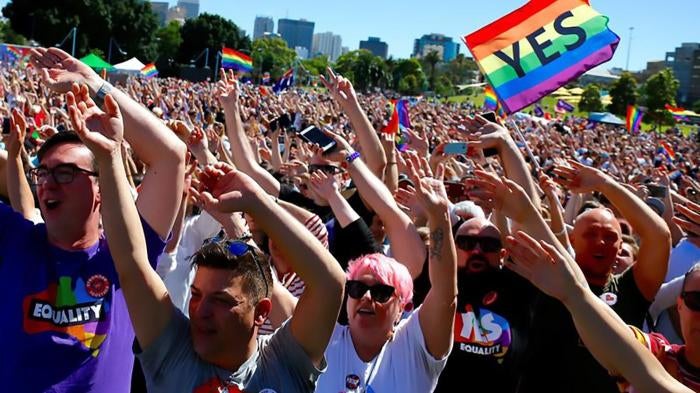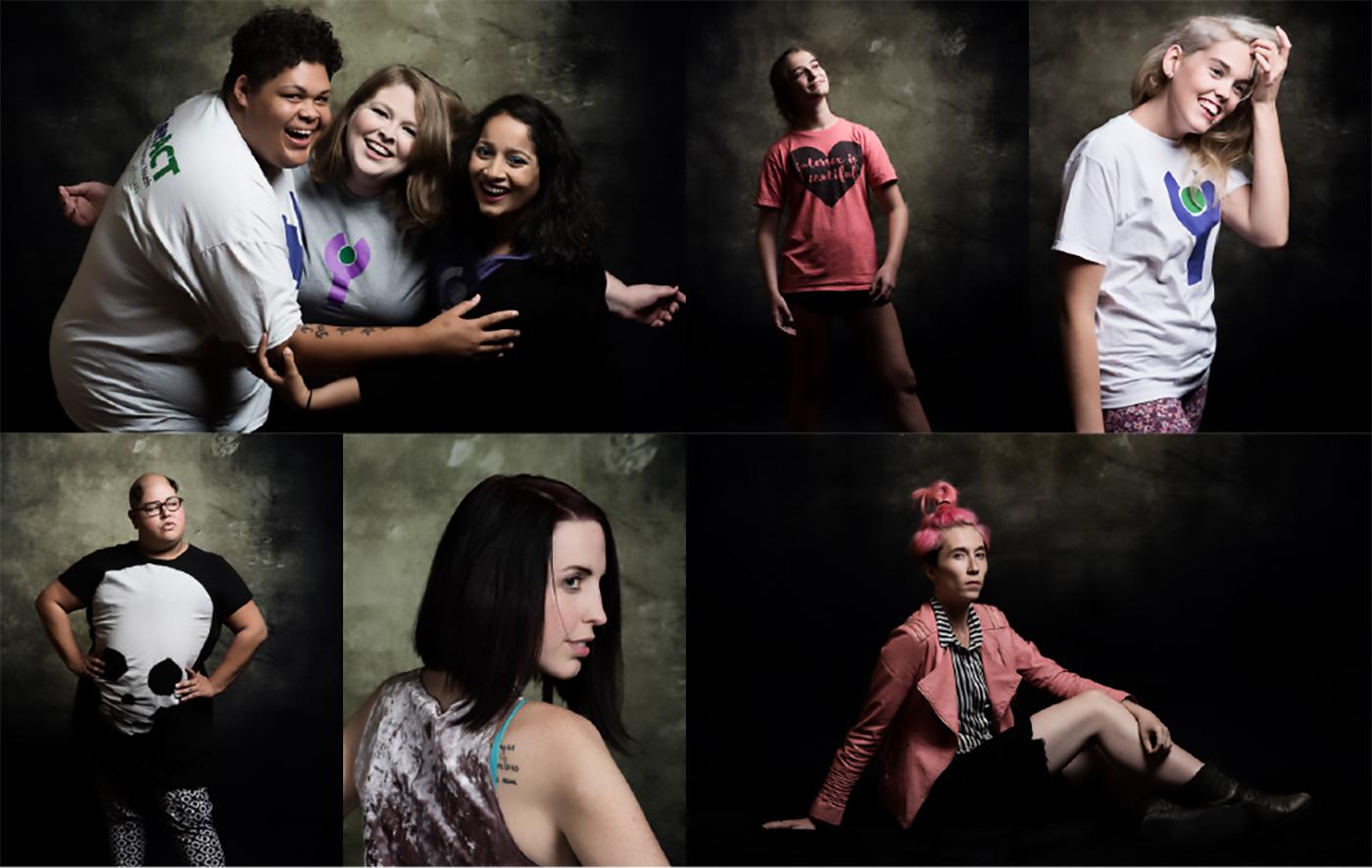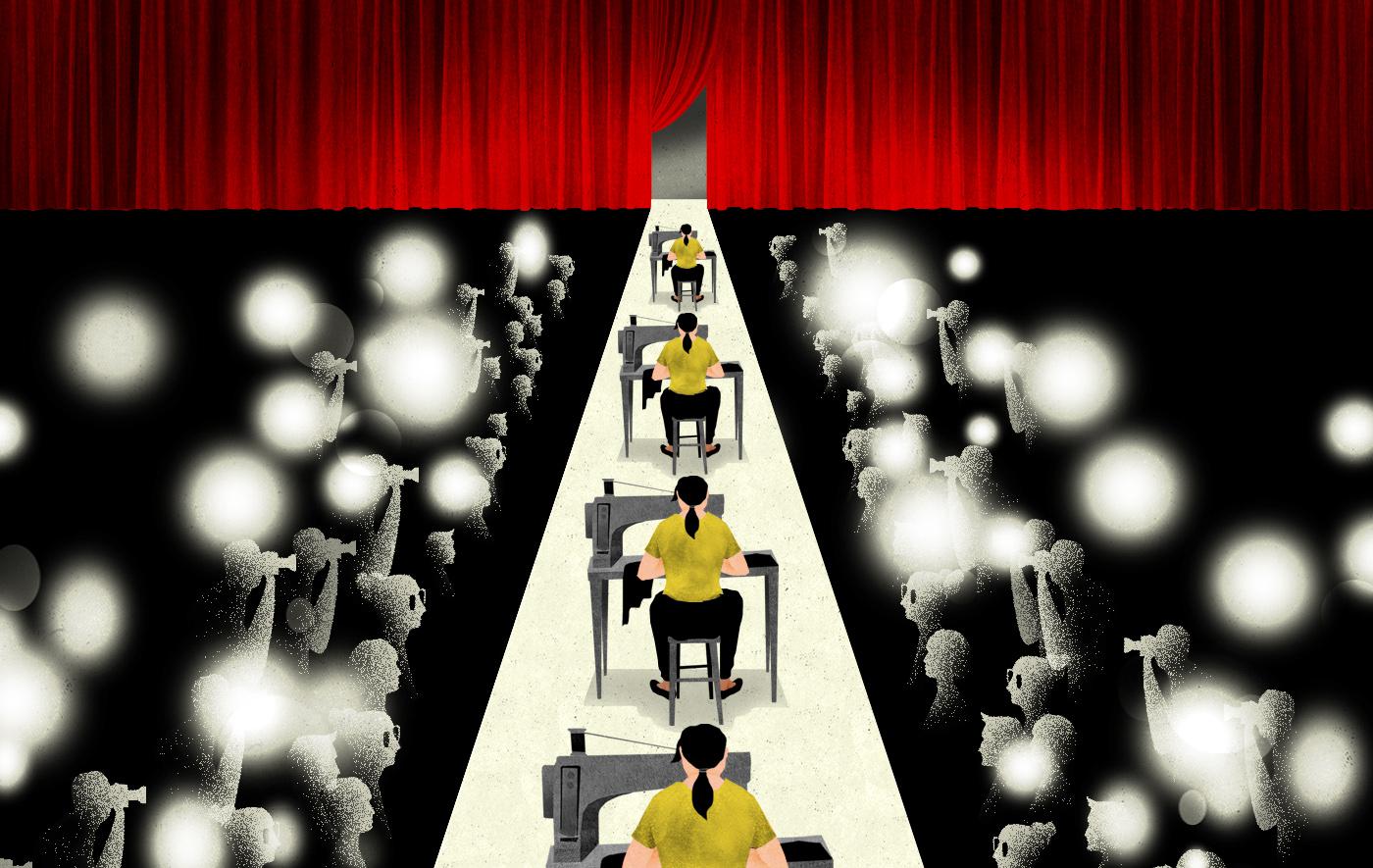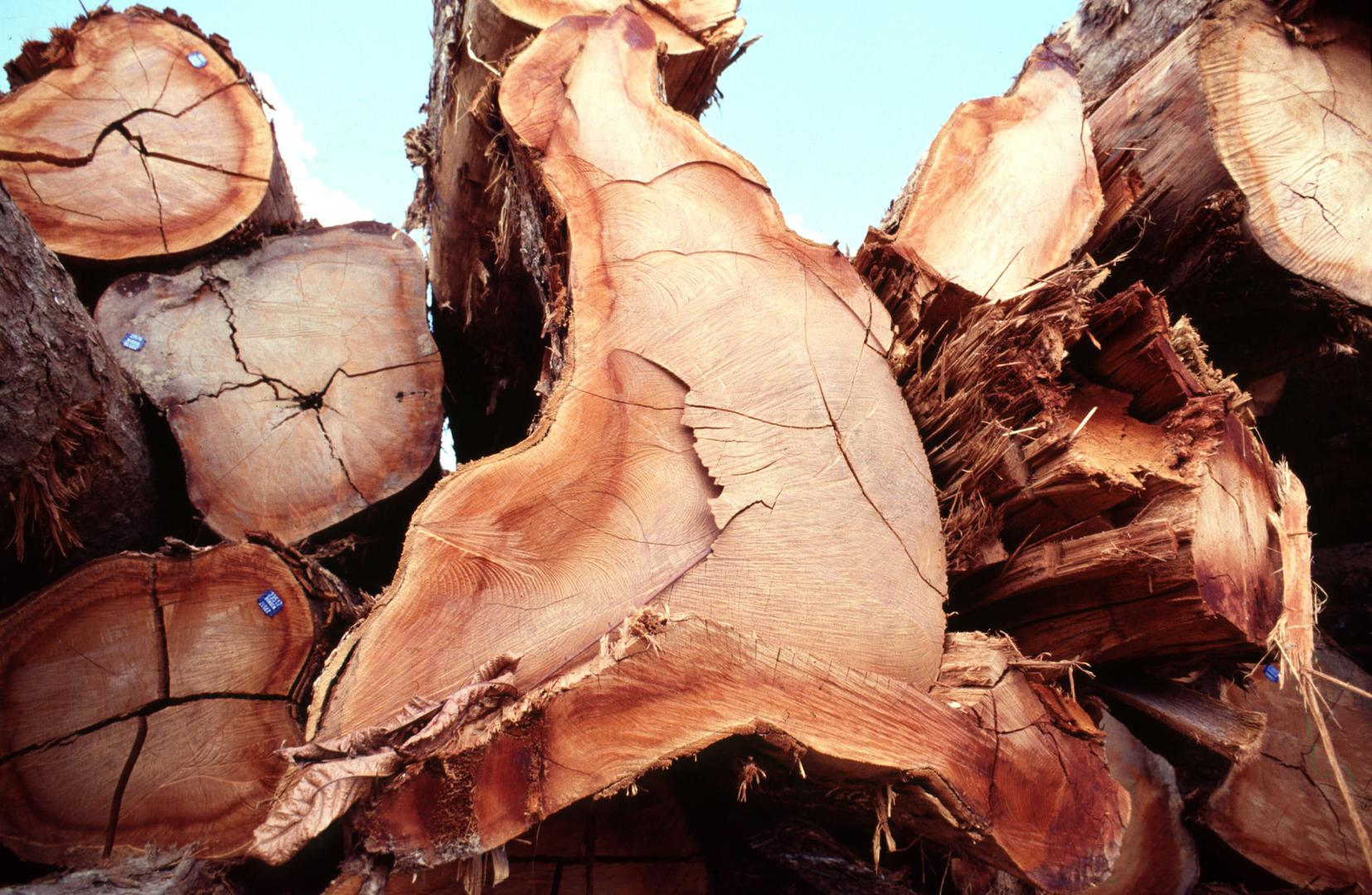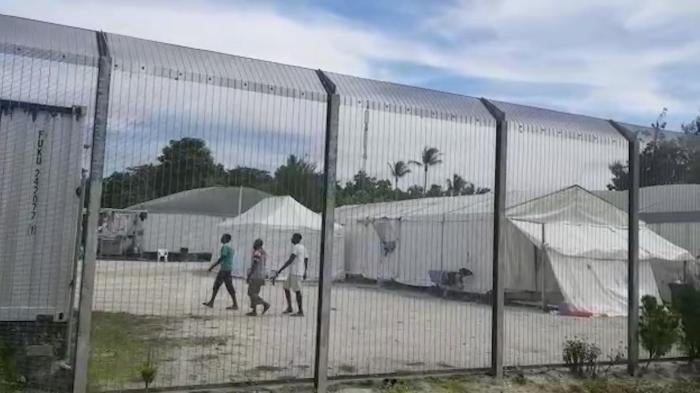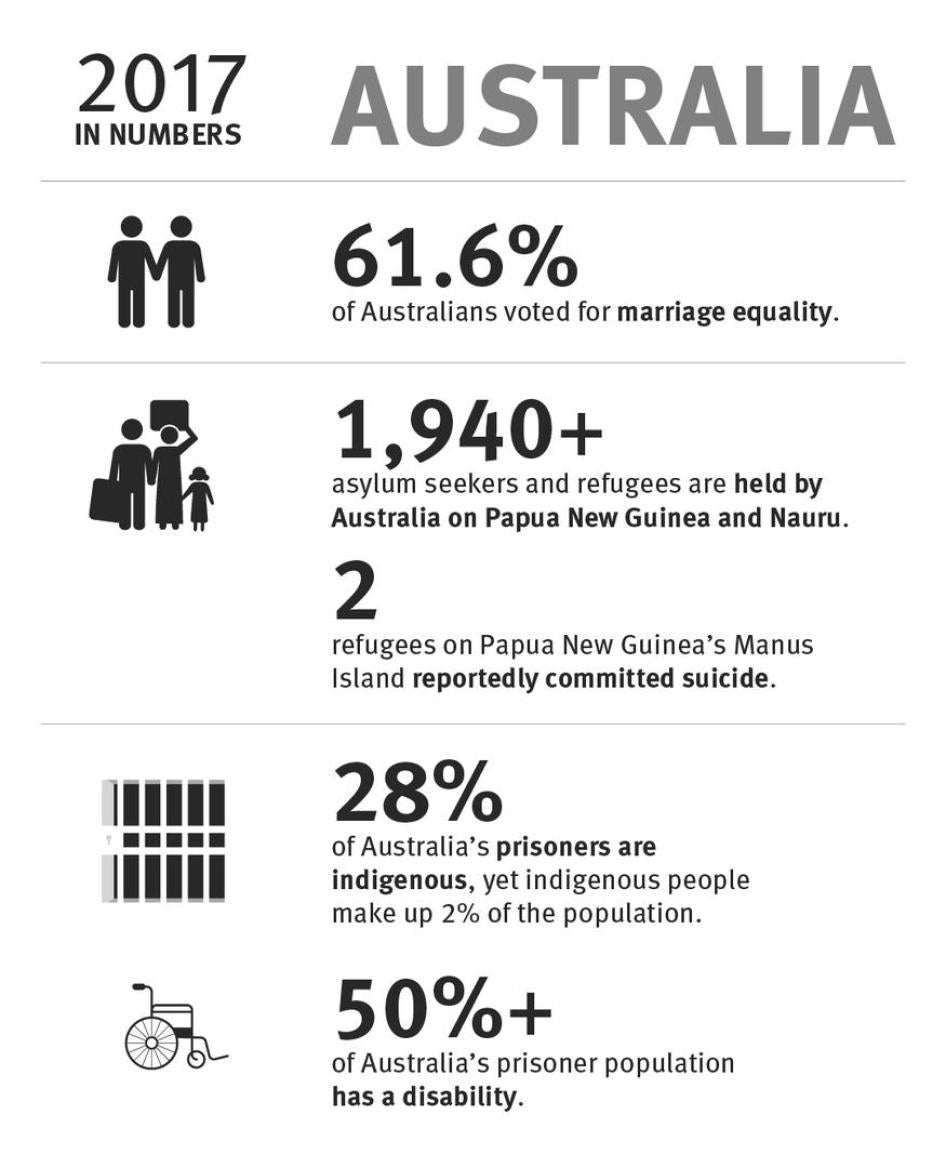Despite a strong tradition of protecting civil and political rights, Australia has serious unresolved human rights problems. Undeterred by repeated calls by the United Nations to end offshore processing, Australia continued in 2017 to hold asylum seekers who arrived by boat on Manus Island in Papua New Guinea and on the island nation of Nauru, where conditions are abysmal.
In October, United Nations member countries elected Australia to the UN Human Rights Council (UNHRC) for a three-year period for the first time.
Asylum Seekers and Refugees
At time of writing, there were around 840 refugee and asylum seeker men in Papua New Guinea and 1,100 men, women, and children on Nauru, transferred by Australia. They are from countries including Afghanistan, Burma, Iran, Pakistan, Somalia, and Sudan, and most have been there for more than four years. Many suffer from mental health conditions, exacerbated by years of detention and uncertainty about their futures. At least nine refugees and asylum seekers have died on Manus and Nauru—three due to suspected suicide—since Australia introduced the offshore processing policy in 2013.
In September, the US accepted 54 refugees from Manus and Nauru, through a resettlement arrangement with Australia. Nauru and Papua New Guinea do not offer refugees meaningful opportunities for local integration or adequate and safe long-term settlement options.
These refugees and asylum seekers regularly endure violence, threats, and harassment from residents, with little protection from local authorities. Since June, refugees and asylum seekers on Manus have faced increased violent attacks and robberies by local men, with no police action. They endure unnecessary delays in, and at times denial of, medical care, even for life threatening conditions. Australian and Nauru authorities have ignored doctors’ recommendations by blocking transfers to Australia for nearly 50 refugees and asylum seekers on Nauru.
Self-harm and suicide attempts are frequent. Two refugees with histories of mental health conditions reportedly committed suicide on Manus in separate incidents in 2017.
On October 31, the Australian and PNG governments closed the Manus Island regional processing center, ostensibly to implement a 2016 PNG Supreme Court ruling that detaining men at the main center was unconstitutional. Food, water, and power were stopped and refugees and asylum seekers urged to move to other less secure facilities in the main town.
For three weeks, hundreds of refugees and asylum seekers refused for to leave the closed facility, terrified by escalating violence against them in the main town and frustrated by the lack of a long-term solution to their predicament. Australia will pay PNG A$250 million (US$192 million) for the next 12 months of operations to provide services to about 840 refugees and asylum seekers.
In September, the Australian government settled a class action lawsuit agreeing to pay A$70 million (US$56 million) to men detained on Manus Island.
Reacting to a High Court challenge, in August the government introduced amendments to the Border Force Act to reduce the threat of criminal charges against service providers who speak out about abuse or neglect in offshore processing centers.
Indigenous Rights
In May, over 250 Aboriginal and Torres Strait Islanders from 13 regions met and issued the “Uluru Statement from the Heart,” which urged constitutional reforms, including the establishment of a First Nations voice in the constitution and a truth and justice commission. In October, Australia’s government formally rejected the key recommendation of the Referendum Council to establish an Indigenous advisory body to parliament.
Indigenous Australians are significantly overrepresented in the criminal justice system, often for minor offenses like unpaid fines. Aboriginal and Torres Strait Islanders are 13 times more likely to be imprisoned than the rest of the Australian population. Aboriginal women are the fastest growing prisoner demographic in Australia.
In December 2016, the Western Australian state coroner found that the 2014 death in custody of a 22-year-old Aboriginal woman, Ms. Dhu, was preventable, and made a number of recommendations, including that Western Australia end imprisonment for unpaid fines. At time of writing, Western Australia had yet to implement the recommendation.
Children’s Rights
State inquiries have documented significant abuses against children in the criminal justice system. Incarceration disproportionately affects indigenous children, with a juvenile detention rate about 25 times the rate of non-indigenous youth.
In May, the Victorian Supreme Court ruled for the third time that detaining children at Barwon adult prison was unlawful. The government moved children to the maximum security prison following riot damage to a youth justice center in 2016, and decided to reclassify a section of the prison as a “youth justice facility” just days after the Supreme Court ruled against this move. Some of the detained children were as young as 15, and authorities isolated and handcuffed them for extensive periods.
In July, the Western Australia inspector of custodial services found a substantial increase in “critical incidents and self-harm” in a juvenile detention center. In November, the Royal Commission into the Protection and Detention of Children in the Northern Territory concluded that the territory’s youth detention centers are “not fit for accommodating, let alone rehabilitating” the children they lock up, and called for their closure. The report recommended that the Northern Territory raise the minimum age of criminal responsibility from 10 to 12 years, and that children below the age of 14 should only be detained for the most serious offenses.
Terrorism and Counterterrorism
Since 2014, the Australian government has introduced several draconian counterterrorism laws in response to the threat of “home-grown terrorism.” Support for tough measures increased following a June siege in Brighton, in which a gunman who pledged allegiance to the extremist group Islamic State (ISIS) and Al-Qaeda killed a man and injured three police officers.
In July, Prime Minister Malcolm Turnbull proposed new legislation that would force tech companies to provide “appropriate assistance” to intelligence and law enforcement agencies to access encrypted communications, which risks undermining cybersecurity for all users. In December 2016, the government passed legislation that allows a judge to authorize detention for offenders who have served terrorism-related sentences but who pose an “unacceptable risk” of committing a serious offense if released.
In October, Australian authorities unveiled a proposal that would allow terrorism suspects as young as 10 to be held for up to two weeks without charge.
Disability Rights
Over half the prison population has a physical, sensory, psychosocial (mental health), or intellectual disability.
Human Rights Watch research in 14 prisons across Western Australia and Queensland found that prisoners with disabilities experience bullying, harassment, physical, and sexual violence from fellow prisoners and staff. Due to a lack of staff sensitivity and training, prisoners with disabilities are frequently punished for behavior resulting from their disability and end up disproportionately represented in punishment units.
In 2016, the UN Committee on the Rights of People with Disabilities reviewed a communication against Australia concerning Marlon Noble who was incarcerated for more than 10 years in a Western Australian Prison and declared unfit to stand trial. The committee found that Noble could not exercise his right to due process and was deprived of liberty without trial. It recommended an effective remedy and to revoke the conditions attached to his release. The Western Australian government acknowledged significant failures in the way Noble’s case was handled, and released its review of the Mentally Impaired Defendants Act in April 2016. At time of writing, no reforms had been enacted.
Sexual Orientation and Gender Identity
In 2017, the Turnbull government held a non-binding postal survey on same-sex marriage. In November, Australians voted overwhelmingly in favor of marriage equality, and parliament passed a marriage equality law in December.
Violence against Women
In February, UN Special Rapporteur on Violence Against Women Dubravka Šimonović visited Australia. She expressed concern over inadequate policies to protect Aboriginal and Torres Strait Islander women, and the plight of asylum seekers and refugee women transferred from Nauru to Australia for medical treatment, including women who were raped.
The Australian Human Rights Commission released a report on sexual assault at Australian universities in August, finding 21 percent of students were sexually harassed in a university setting in 2016.
Forced Labor
In August, Australia’s justice minister proposed legal reforms to require the biggest companies in the country to report on practices to prevent forced labor in their supply chains. At time of writing, the government was consulting stakeholders on the proposal, which lacks meaningful due diligence requirements or penalties for noncompliance.
Foreign Policy
Australia acted inconsistently and rarely showed leadership at the UN on human rights issues relating to particular countries. During the year Australia rarely raised human rights issues publicly in countries it works closely with on border security or trade, such as China, Cambodia, and Vietnam, preferring to engage in “quiet diplomacy.”
In October, Australia deepened diplomatic ties with Cambodia while ignoring its sharp crackdown on civil and political rights. In November, it upgraded diplomatic relations with Vietnam despite its escalating crackdown on freedom of expression.
In October, Australia was elected to the UNHRC. The government said it would prioritize gender equality, freedom of expression, indigenous rights, good governance, and national human rights institutions, and that it would advocate for global abolition of the death penalty.
Australia has shown little transparency as a member of the US-led coalition conducting airstrikes against ISIS. In May, the Defense Department began releasing reports on strikes by the Australian air force, but more detailed reporting on civilian casualties in Iraq and Syria is needed. Australia has approved military exports to Saudi Arabia, despite concerns about alleged war crimes by the Saudi-led coalition in Yemen. Australia has not released information on the types or quantities of equipment sold.
Key International Actors
In 2017, the UN special rapporteur on the human rights of migrants; the Committee on Economic, Cultural and Social Rights; and the High Commissioner for Refugees urged the Australian government to end offshore processing of asylum seekers.
Following his visit to Australia in December 2016, UN Special Rapporteur on Racism Mutuma Ruteere raised concerns that “xenophobic hate speech, including by elected politicians” was on the rise in Australia. The UN special rapporteur on the rights of indigenous peoples Victoria Tauli-Corpuz said the “routine detention of young Indigenous children” was the “most distressing aspect” of her visit to Australia.
In February, the government announced it will ratify the Optional Protocol to the Convention against Torture and Other Cruel, Inhuman or Degrading Treatment or Punishment (OPCAT) by the end of 2017. Under OPCAT, independent inspecting bodies would monitor Australia’s prisons, and juvenile and immigration detention facilities.
In November, the UN Human Rights Committee expressed strong concern for Australia’s human rights record in key areas, including refugees, indigenous rights, lesbian, gay, bisexual, and transgender (LGBT) rights, and certain counterterrorism measures. The committee urged Australia to end its offshore detention arrangements, and condemned the same-sex marriage postal survey as “not an acceptable decision-making method.”
